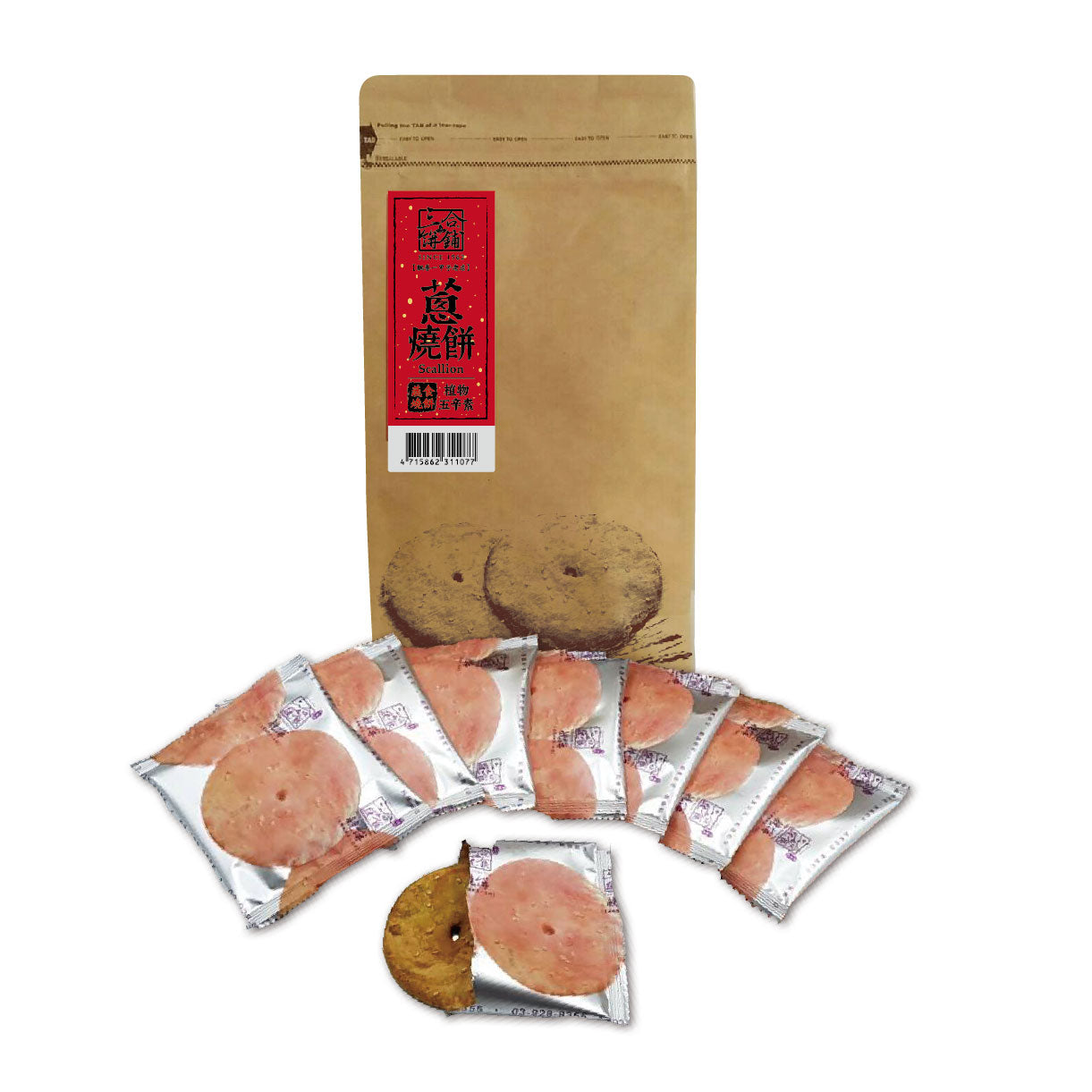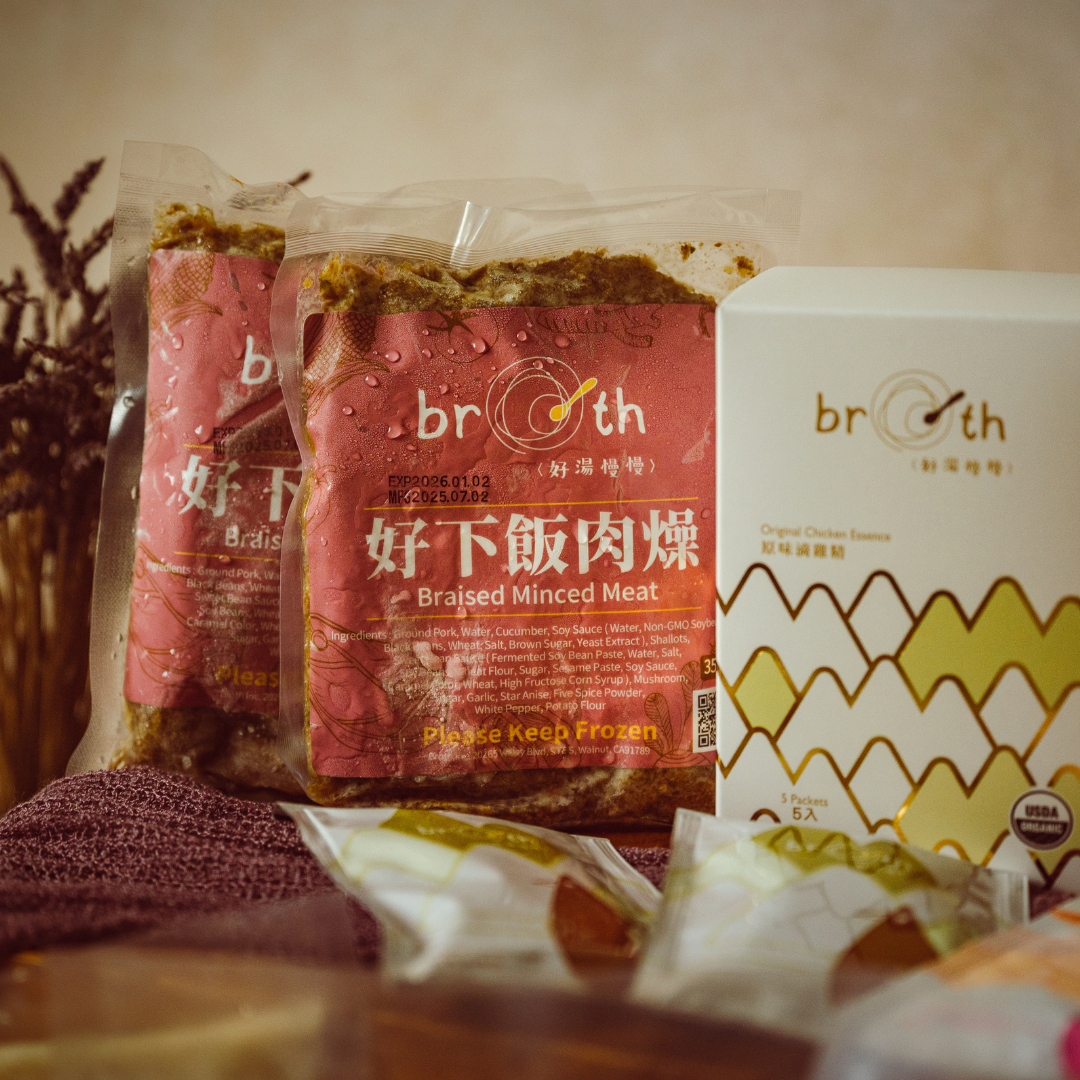
— BROTH Post-Surgery Wellness Special
In many households, post-surgery recovery is often equated with the idea of “intense nourishment.” Chicken soup, fish soup, bone broth—each takes its turn on the table. Friends and family deliver a variety of supplements, all hoping to show their care. But in reality, the key to recovery isn’t about how much you supplement—it’s about how well and how wisely you do it.
At BROTH, we’ve always focused on the relationship between daily nutrition and long-term wellness. This August, we hope to guide you through a more scientific approach to post-surgical care—supporting yourself or your loved ones through every step of the recovery journey, gently and effectively.

I. The Goal of Post-Surgery Nutrition: Restoring Balance
Surgery places demands on the entire body. Even minimally invasive procedures require substantial energy and nutrients to support immune responses, repair tissue, and eliminate metabolic waste.
This is especially true for middle-aged and older adults, who may already be depleted due to pre-surgical dietary restrictions, stress, and poor sleep. After surgery, the body must not only “repay the debt” but also rebuild strength—making proper nutrition absolutely essential.
Why is post-surgery nutrition so important?
Medical research shows that the body enters a catabolic (breakdown) state after surgery: protein is rapidly consumed, muscle loss occurs, and immunity temporarily drops. This can lead to fatigue (“no matter how much I sleep, I’m still tired”), slow wound healing, increased risk of infection, or even post-op depression.
That’s why nutritious, well-planned meals are a vital part of the healing process—not just a supplement, but a foundation.

II. How to Eat After Surgery: Three Key Stages
Post-operative meals should evolve with your recovery. They’re not one-size-fits-all—individual health conditions, the type of surgery, and the pace of recovery all matter. Generally, we recommend thinking in three stages:
1. Early Stage (Days 1–3): Start with liquids
During this stage, the digestive system is still in recovery. Patients often experience nausea, bloating, or dry mouth. Focus on warm, light, and easy-to-digest liquids:
- Rice water or lotus root starch
- Oil-free chicken broth or clear bone soup (low salt, skimmed fat)
- Diluted fruit juice or electrolyte drinks
The goal is to gently awaken appetite and restore digestive function—not to overload the system.

2. Transition Stage (Days 4–7): Soft and nourishing
Once the patient can pass gas and appetite returns, transition from liquids to soft foods. This is the time to gradually introduce more protein and vitamins:
- Soft porridge, noodle soup, steamed egg, tofu soup
- Steamed fish, minced lean pork, chicken porridge
- Carrot purée, pumpkin mash, spinach porridge
Avoid foods that are too cold, greasy, or sweet—excess sugar can impair healing and add metabolic strain.

3. Recovery Stage (After Day 7): Balanced but gentle meals
Once the body is stable, return to a regular diet—with extra care:
- Carbohydrates: Supply energy—white rice and refined noodles are gentler on the gut than whole grains
- High-quality protein: Include eggs, soy products, lean poultry, and seafood daily
- Fruits and vegetables: Provide vitamins and fiber, but soften them through cooking to ease digestion
- Limit fats and sodium: Light seasoning is best to reduce burden on the heart and kidneys

III. Common Post-Surgery Diet Mistakes—Are You Avoiding These Pitfalls?
We’ve seen many cases where slow recovery was tied to dietary mistakes. Below are three common misconceptions. Have you or your loved ones heard these before?

✘ Mistake 1: “The richer the broth, the better”
After surgery, many people turn to soup as a way to nourish the body. However, the idea that “the richer the soup, the more nutritious it is” is not entirely accurate. Overly rich soups often contain high levels of fat and purines, which may burden the kidneys and hinder proper uric acid metabolism, ultimately increasing the strain on the body.
Traditional Chinese medicine emphasizes “moderation in diet, nourishment without heaviness.” After surgery, it is advisable to choose light, clear, low-fat soups with high bioavailability as part of daily recovery. For example, soups made with chicken essence, gently simmered chicken, or fish, paired with a balanced amount of protein and vegetables, not only replenish energy and blood, but also support digestive absorption—making them a more effective and sustainable choice for restoring vitality.
✘ Mistake 2: “It’s a minor surgery, no need to supplement”
Minimally invasive procedures (like thyroid or breast surgeries) cause relatively little trauma. In these cases, a balanced diet is enough. Over-supplementation can lead to high blood sugar, weight gain, and delayed recovery.
✘ Mistake 3: “Strict food restrictions protect recovery”
Many believe that “post-op patients can’t eat eggs, seafood, or chicken”—or that seafood is always inflammatory. These beliefs are not universally applicable.
From a traditional Chinese medicine perspective, the post-surgical body is often in a state of qi and blood deficiency, with weakened digestion. The focus should be on restoring internal strength and harmony. Natural ingredients like eggs, shrimp, lean meats are actually gentle, nourishing, and support healing. Over-restricting your diet may lead to malnutrition and weakened immunity.
IV. How BROTH Can Help: Targeted Nourishment Made Simple
During the early post-op days, appetite is often poor—but nutritional needs are high. That’s where a warm pouch of BROTH’s Essence of Chicken can make all the difference.
It gently stimulates appetite while providing high-quality protein, amino acids, and micronutrients in an easy-to-digest form.
Our Essence of Chicken:
- No added water or salt—just pure, concentrated nutrition
- Slow-simmered whole chicken, yielding a smooth, non-greasy texture
- One pouch a day, gentle on digestion and free from excess burden

Ideal for the early stage of recovery, it has become a trusted choice for many families caring for older adults and post-surgery patients.
V. Recovery Beyond Nutrition: Other Essentials to Keep in Mind
Healing well is more than just eating right. Here are a few equally important habits to support recovery:
- Sleep well: The body heals quickly but uses a lot of energy. Prioritize early bedtime and avoid staying up late.
- Move moderately: Resting doesn’t mean staying in bed all day. Under medical guidance, light walking can promote circulation and recovery.
- Manage emotions: Post-op anxiety or low mood is common. Talking with family, listening to music, and enjoying sunshine can all help.
- Keep a routine: Eat regular meals and avoid binge eating to help the body find its new rhythm.

In Closing: Let’s Heal, Together
Post-surgery recovery takes time. It requires patience, care, and gentle consistency.
At BROTH, we hope this guide offers helpful insights into post-op nutrition—so that you or your loved ones can find the rhythm that feels just right. Eat with ease, heal with strength.
If someone you know is currently in recovery, feel free to share this article with them—or recommend our wellness products. Let’s walk this road together, supporting more families as they navigate the uncertainties of recovery and step into a steadier, healthier life.

Reference:
- Memorial Sloan Kettering Cancer Center. (n.d.). Nutrition to help you heal your wounds after surgery. https://www.mskcc.org/zh-hans/cancer-care/patient-education/nutrition-help-heal-your-wounds-after-surgery
- Guangdong Center for Disease Control and Prevention. (2023, May 18). Is richer soup more nutritious? Watch out for these post-surgery diet misconceptions! https://www.gdjubao.cn/piyao/bkzs/content/post_1681.html
- The Paper. (2023, July 19). Post-surgery myths like “no eggs after surgery” are misleading—experts explain how to nourish properly. https://m.thepaper.cn/kuaibao_detail.jsp?contid=30662945&from=kuaibao
- Broth Inc. (n.d.). Essence of Chicken collection. https://welovebroth.com/zh/collections/broth-滴雞精
- Abbott China. (2022, December 14). How to move safely during post-surgery recovery. https://www.abbott.com.cn/corpnewsroom/nutrition-health-and-wellness/shu-hou-hui-fu-shi-qi-ru-he-jin-xing-jian-kang-gua.html

















